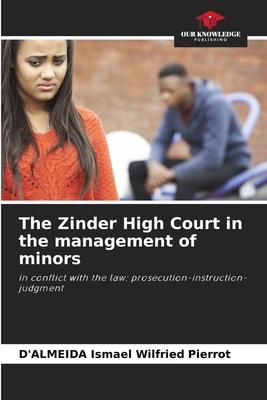It has always been natural to feel the need, if not the necessity, whenever the question of minors has been dealt with, whether in legal disciplines or not, to apply a regime that derogates from ordinary law. This need for singularization is justified by the non-existent or incomplete nature of discernment in such delicate subjects as minors. Niger’s legislature embraced this need when it passed the Juvenile Jurisdiction Act in 2014, both because of the progressive and multifaceted involvement of minors in the commission of criminal offenses and because of the pressing need to detach the law applicable to minors from ordinary law. Niger’s legislature has adopted a policy of protecting minors in conflict with the law, whether for ordinary offences or new forms of offence. Between the threshold of total criminal irresponsibility, and the softened regime of criminal responsibility for minors, Niger has managed to temper the demands of its criminal policy to reconcile them with the singular sphere of minority.
| FindBook |
|
有 1 項符合
Ismael Wilfried Pierrot的圖書 |
 |
$ 2585 | The Zinder High Court in the management of minors
作者:Ismael Wilfried Pierrot 出版社:Our Knowledge Publishing 出版日期:2024-04-29 語言:英文 規格:平裝 / 60頁 / 22.86 x 15.24 x 0.36 cm / 普通級/ 初版  看圖書介紹 看圖書介紹
|
|
|
圖書介紹 - 資料來源:博客來 評分:
圖書名稱:The Zinder High Court in the management of minors
|









